Center for Immigration Studies
Jessica Vaughan is the director of policy studies at the Center for Immigration Studies. She would like to thank Karen Zeigler for her assistance with data analysis on this report.
“There were 50 counties, parishes, or territories with a minimal baseline volume of enforcement where the number of criminal removals dropped by 90 percent or more. Eight of these were in Georgia.
-
The high-volume counties with the steepest decline in removals of locally arrested criminals were Gwinnett County, Ga.; Plymouth County, Mass.; Bergen County, N.J.; and Kankakee County, Ill. Criminal removals dropped by more than 90 percent in these jurisdictions.
By Jessica M. Vaughan on December 8, 2022
Immigration enforcement in the interior of the country has dropped dramatically under President Biden’s policies. These policies have exempted nearly all but the most serious criminal aliens from arrest and removal and have imposed cumbersome new procedures and paperwork for ICE officers to complete cases.1 According to ICE records, the number of removals nationwide declined from 186,000 in FY 2020 to 59,000 in FY 2021.2 Although Biden officials say that the policies were established in order to prioritize the removal of the most serious deportable criminal offenders, in fact the result has been a decline in the removal of criminal aliens as well as other types of cases. For example, the number of removals of convicted felons nationwide dropped from 36,000 in FY 2020 to 27,000 in FY 2021.3
This report presents new information on the decline in ICE enforcement at the state and local level. Using records obtained through a FOIA request, we examine trends in removals of aliens who were identified by ICE under the Secure Communities program. These are removal cases that originate because the alien has been arrested locally for a crime. They do not include border cases, fugitives, worksite arrestees, or other categories of ICE removals. They are a good measure of interior enforcement involving the public-safety-oriented cases that should be a high priority for ICE.
Key Findings:
- Under Biden enforcement priorities, there was a 71 percent decline in removals of deportable aliens who came to ICE’s attention due to a local criminal arrest.
- Ten states experienced an extreme decline in enforcement of greater than 80 percent under Biden policies (Connecticut, Georgia, Idaho, Mississippi, Montana, Nevada, North Dakota, South Carolina, Tennessee, and Vermont).
- Of the 50 U.S. counties that typically have the most criminal alien removals, 14 experienced extreme declines (greater than 80 percent) under Biden policies. About one-third of these high-volume counties are in Texas.
- The high-volume counties with the steepest decline in removals of locally arrested criminals were Gwinnett County, Ga.; Plymouth County, Mass.; Bergen County, N.J.; and Kankakee County, Ill. Criminal removals dropped by more than 90 percent in these jurisdictions.
- There were 50 counties, parishes, or territories with a minimal baseline volume of enforcement where the number of criminal removals dropped by 90 percent or more. Eight of these were in Georgia.
- In one representative county, Howard County, Texas, under Biden policies just half the number of criminals convicted of homicides were removed than before, and there also were steep drops in removals of criminals convicted of assault, burglary, drugs, larceny, and sex offenses….
- Please read the entire report here at CIS.org
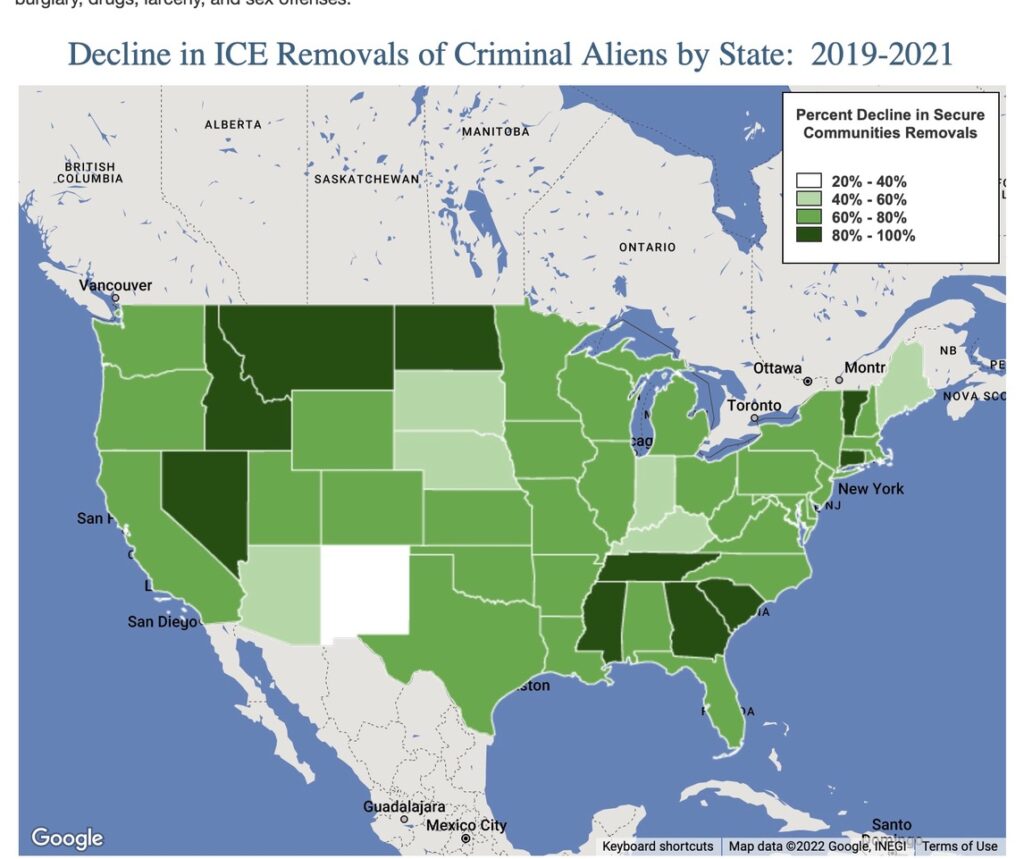

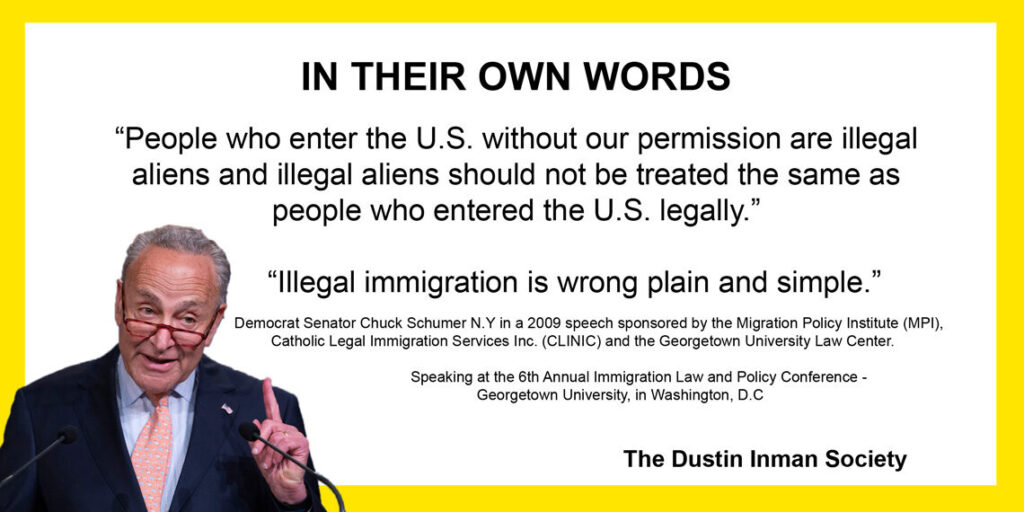

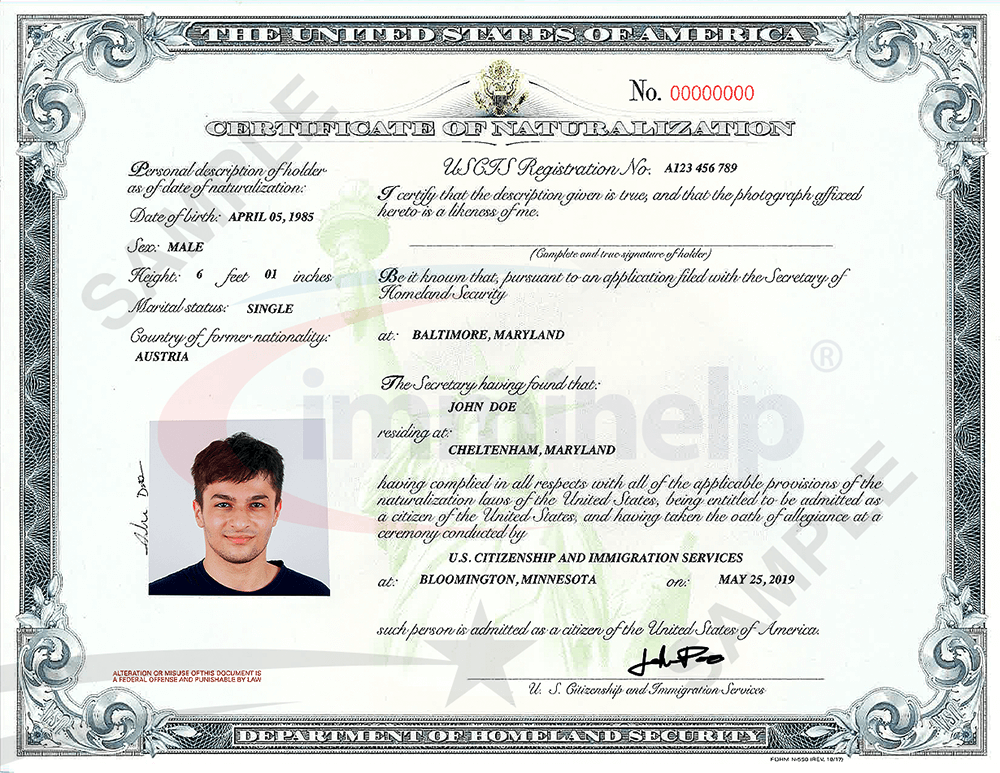



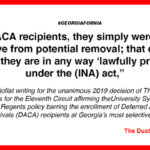















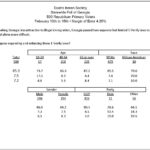

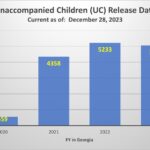
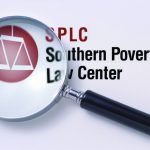

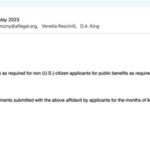
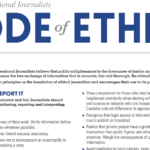
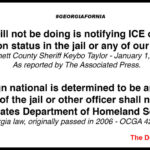




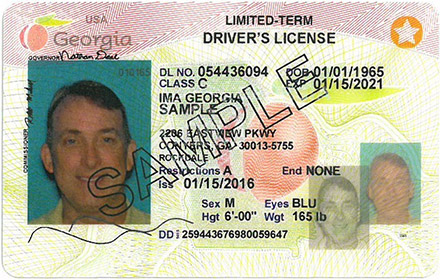




You must be logged in to post a comment.